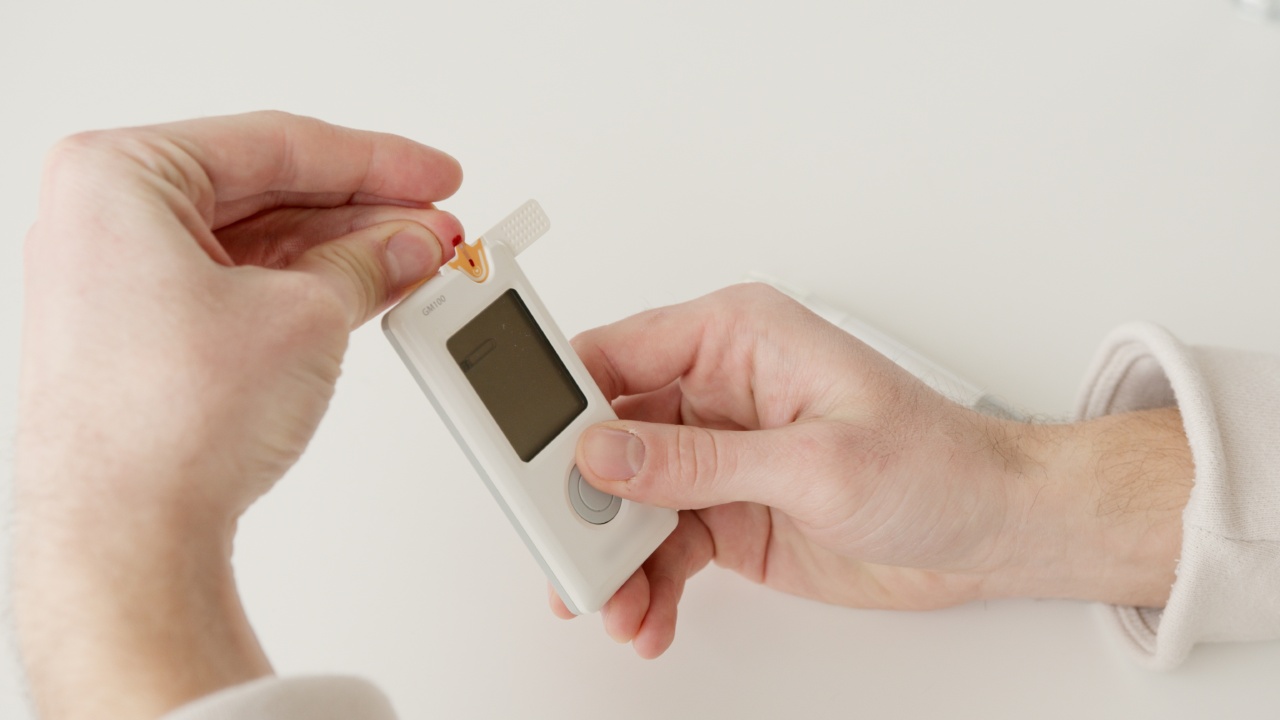Gout is a type of arthritis that is caused by the accumulation of uric acid crystals in the joints.
Chronic kidney disease is a condition in which the kidneys are not able to filter waste products from the blood effectively, leading to the buildup of toxins in the body. While these two conditions may seem unrelated, they are actually linked in a number of ways.
What is Gout?
Gout is a form of arthritis that is caused by the buildup of uric acid crystals in the joints. Uric acid is a waste product that is produced when the body breaks down purines, which are found in many foods and beverages.
When the body cannot eliminate uric acid effectively, it can build up in the blood and form crystals in the joints.
These crystals can cause intense pain, swelling, and stiffness in the affected joint. Gout most commonly affects the big toe, but it can also occur in the ankles, knees, elbows, wrists, and fingers.
What is Chronic Kidney Disease?
Chronic kidney disease is a condition in which the kidneys are not able to filter waste products from the blood effectively.
This can lead to a buildup of toxins in the body, which can cause a range of symptoms, including fatigue, nausea, and swelling in the legs and feet.
Over time, chronic kidney disease can lead to kidney failure, which requires dialysis or a kidney transplant to manage. There are many different causes of chronic kidney disease, including diabetes, high blood pressure, and certain autoimmune diseases.
The Link between Gout and Chronic Kidney Disease
There are a number of ways in which gout and chronic kidney disease are linked. One of the most important factors is the role that uric acid plays in both conditions.
People with gout have high levels of uric acid in their blood, which can increase their risk of developing chronic kidney disease.
This is because uric acid can accumulate in the kidneys and cause damage to the renal tubules, which are the structures that help filter waste products from the blood.
Over time, this damage can reduce the kidneys’ ability to filter waste effectively, leading to chronic kidney disease.
Conversely, people with chronic kidney disease are more likely to develop gout because their kidneys are not able to eliminate uric acid effectively.
This can lead to the accumulation of uric acid in the blood and the formation of crystals in the joints.
Finally, certain medications that are commonly used to treat gout can also increase the risk of developing chronic kidney disease.
This is because these medications can be hard on the kidneys, and may reduce their ability to eliminate waste products effectively.
Preventing and Managing Gout and Chronic Kidney Disease
Both gout and chronic kidney disease can be managed effectively with the right treatment plan. This may include a combination of lifestyle changes, medications, and other therapies.
If you have gout, it is important to work with your healthcare provider to develop a treatment plan that is tailored to your individual needs.
This may include medications to reduce inflammation and pain, as well as lifestyle changes to help manage uric acid levels in the body.
If you have chronic kidney disease, it is important to work with your healthcare provider to develop a treatment plan that is tailored to your individual needs.
This may include medications to manage blood pressure and blood sugar levels, as well as lifestyle changes to help manage kidney function.
Conclusion
Gout and chronic kidney disease are two conditions that may seem unrelated, but they are actually linked in a number of ways.
Uric acid plays an important role in both conditions, and people with either condition are at increased risk of developing the other.
By working closely with your healthcare provider to develop a treatment plan that is tailored to your individual needs, you can effectively manage both gout and chronic kidney disease and improve your overall health and quality of life.






























